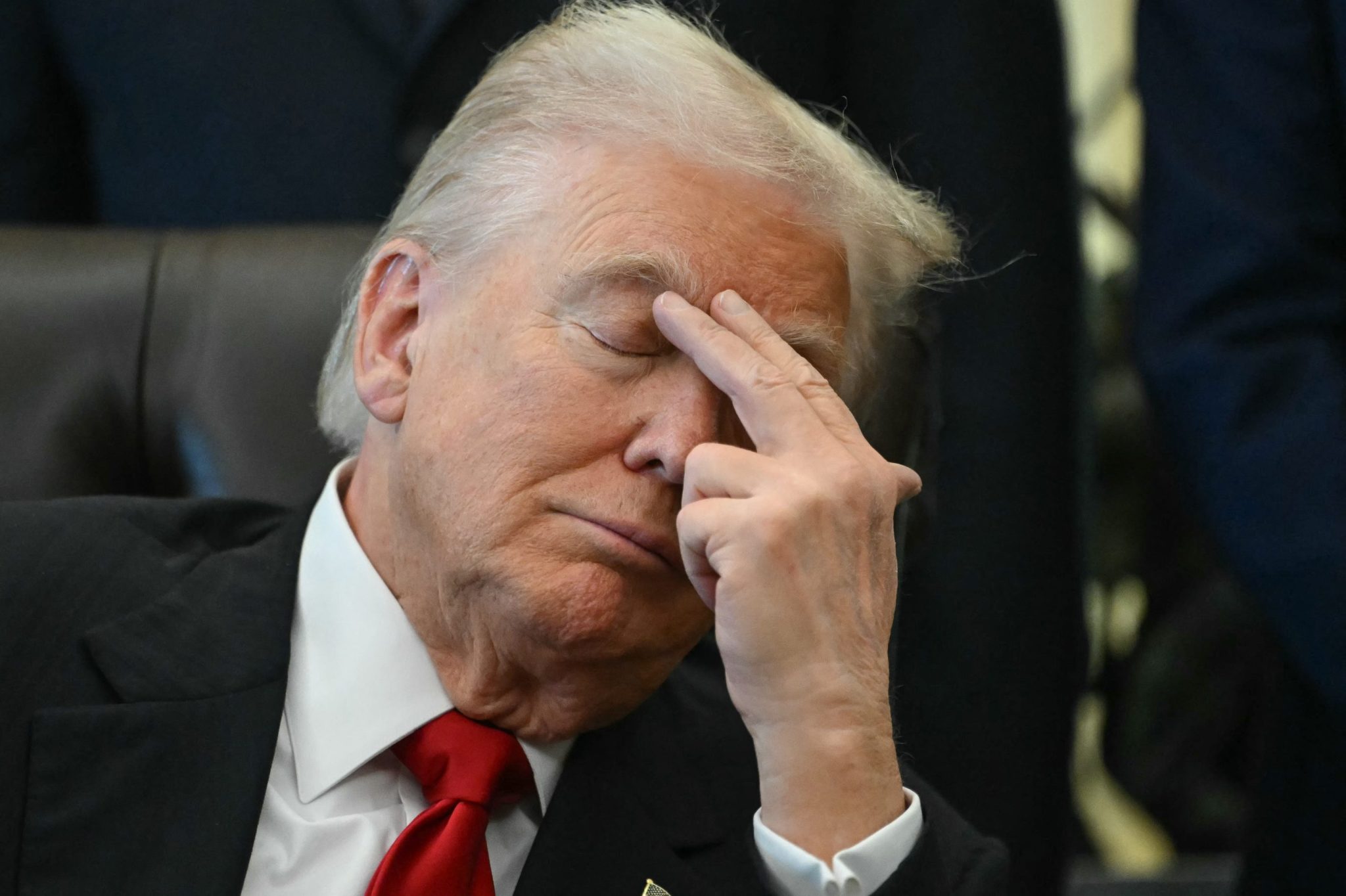The ruling from U.S. District Court Judge Karin Immergut, a Trump appointee, followed a three-day trial last week in which both sides argued over whether protests at Portland’s U.S. Immigration and Customs Enforcement (ICE) building met the conditions for using the military domestically under federal law.
The Trump administration argued that troops were needed to protect federal personnel and property in a city President Trump described as “war-ravaged” with “fires all over the place.” However, in a detailed 106-page opinion, Judge Immergut found that although the president is entitled to “great deference” in his decision to call up the National Guard, there was no legal basis for deployment. The president failed to establish that a rebellion or danger of rebellion existed, or that regular law enforcement forces were insufficient to enforce the law.
“The trial record showed that although protests outside the Portland ICE building occurred nightly between June and October 2025, ever since a few particularly disruptive days in mid-June, protests have remained peaceful with only isolated and sporadic instances of violence,” Immergut wrote. “The occasional interference to federal officers has been minimal, and there is no evidence that these small-scale protests have significantly impeded the execution of any immigration laws.”
### Administration’s Response
The Trump administration criticized the judge’s ruling. Abigail Jackson, a White House spokeswoman, stated:
“The facts haven’t changed. Amidst ongoing violent riots and lawlessness that local leaders have refused to quell, President Trump has exercised his lawful authority to protect federal officers and assets. President Trump will not turn a blind eye to the lawlessness plaguing American cities and we expect to be vindicated by a higher court.”
Oregon Attorney General Dan Rayfield responded, saying, “The courts are holding this administration accountable to the truth and the rule of law. From the beginning, this case has been about making sure that facts, not political whims, guide how the law is applied. Today’s decision protects that principle.”
### Democratic Cities Push Back
Democratic cities targeted by the Trump administration for military involvement—including Chicago, which has filed a separate lawsuit—have been actively resisting the deployments. These cities argue that the president has not met the legal threshold to deploy troops and that such actions would violate states’ sovereignty.
Judge Immergut issued two orders in early October that blocked the deployment of troops ahead of the trial. The first order prohibited Trump from deploying 200 members of the Oregon National Guard. The second order, issued the following day, barred the use of National Guard members from any state to Oregon after the administration attempted to circumvent the first order by sending California troops instead.
Immergut criticized Trump’s apocalyptic descriptions of Portland as “simply untethered to the facts.” Meanwhile, the Ninth U.S. Circuit Court of Appeals has already ordered that troops not be deployed pending further rulings.
### Evidence from the Trial
The trial helped to develop the factual record, which could influence further appellate decisions. Witnesses, including local police and federal officials, testified about responses to the nightly protests outside the Portland ICE building.
The demonstrations peaked in June 2025, when Portland police officially declared one protest a riot. After that declaration on June 14, subsequent protests largely became peaceful, with only a few dozen participants on average. Police altered their strategy to directly intervene only when crimes against persons or property occurred.
The Trump administration asserted that federal agents had to be reassigned from other parts of the country to respond to what they characterized as a “rebellion” or “danger of rebellion.” Federal officials testified about staffing shortages and unfulfilled requests for additional personnel.
One witness, an official from the Federal Protective Service (part of the Department of Homeland Security responsible for security at federal buildings), was allowed to testify under the initials R.C. due to safety concerns. However, during cross-examination, R.C. stated that he had not requested troops, was not consulted by Homeland Security Secretary Kristi Noem or President Trump, and was “surprised” by the deployment announcement. He also disagreed with assertions that Portland was “burning down.”
Portland and Oregon attorneys maintained that city police have been effective in responding to protests. Following the riot declaration in mid-June, crowd sizes diminished significantly, and the police department shifted tactics.
The ICE building did close for three weeks over the summer due to property damage, according to court documents and testimony. During this period, ICE’s Enforcement and Removal Operations employees worked from a different facility. The regional field office director, Cammilla Wamsley, testified that the agency continued its work despite the temporary closure.
—
Johnson reported from Seattle. Associated Press staff writer Michelle L. Price in Palm Beach, Florida, contributed to this report.
https://fortune.com/2025/11/08/trump-portland-national-guard-no-evidence-danger-rebellion/
